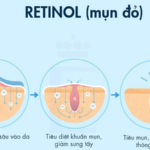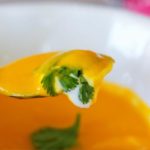Mung bean is a fruit but is classified as a common vegetable in Vietnam. Mung bean, also known as “muop tay” or “bap cha,” is very rich in calcium, fiber, vitamins, and other antioxidants. In 100g of mung beans, there are about 40mg of calcium, a high amount of fiber, potassium, and vitamins… Mung beans have many amazing health benefits including:
Good blood sugar control for diabetes
Among the components of mung beans, fiber accounts for a large portion. The fiber in mung beans slows down the absorption of sugar, which is good for people with diabetes. Additionally, vitamin B3 in mung beans helps reduce neutral fat and cholesterol levels in the human body.
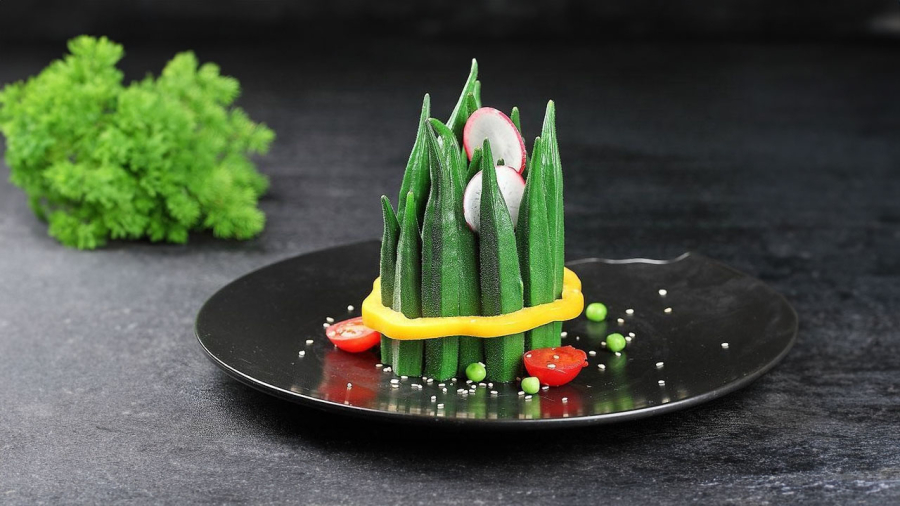
Prevention of constipation
Mung beans are rich in fiber, which helps prevent constipation. The high water content in mung beans promotes bowel movement. The fiber in mung beans prevents constipation and promotes the growth of beneficial bacteria in the intestines, aiding in healthy digestion.
Supporting weight loss
Mung beans contain a high amount of fiber, which can increase the feeling of fullness and achieve natural weight control.
Good for people with anemia
Regular consumption of mung beans helps reduce the risk of anemia because mung beans are rich in iron, potassium, and zinc, which help replenish blood components.
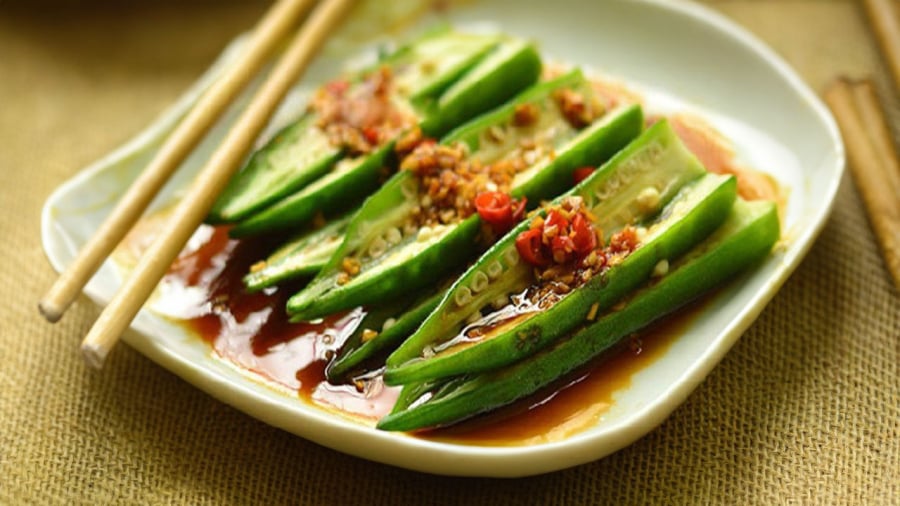
Mung beans are great for bone and joint health
Mung beans are rich in absorbable calcium, making it beneficial for bone health. Adding mung beans to your diet helps increase calcium levels, enhance bone density, and prevent osteoporosis. Furthermore, the mucilage in mung beans is very beneficial for individuals with bone and joint issues as it helps reduce joint pain, lubricate the joints, and strengthen flexibility.
Eye protection
Vitamin A in mung beans helps maintain macular health and provides eye protection. Consuming mung beans along with foods rich in zinc can enhance the absorption of vitamin A, thereby improving eye protection.
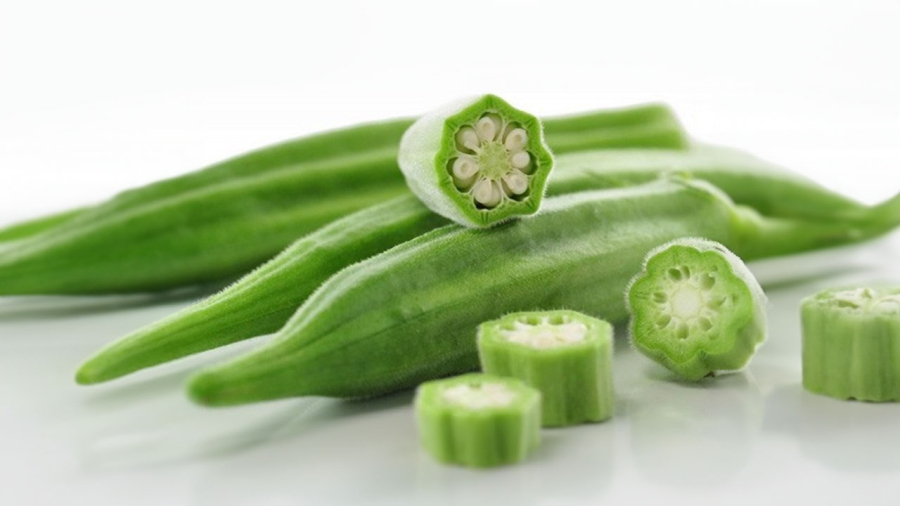
Mung beans can be used to make various delicious dishes
To choose good mung beans, you should select ones that are about 10cm in length, not too mature or too young. The skin of the mung beans should be thin, not dark. When squeezed, the mung beans should feel soft and not dry. Overripe mung beans will show signs of being crushed, wilted, and lose their beautiful green color, turning into a dull green with many blemishes.
Various dishes can be made from mung beans such as boiled mung beans, stir-fried mung beans with garlic, grilled mung beans, mung bean soup with pork and mushrooms, mung bean stuffed with meat, mung beans used for hot pot dipping…
Soaking mung beans: In addition to cooking mung beans as a daily dish, you can soak mung beans in the following way. Clean the mung beans, remove the ends, cut them in half or small pieces, place them in a clean cup, and soak them for 6-8 hours until the sticky substance is released and the water becomes thick and sticky. Filter the water and drink it daily to protect your bones and joints. The mucilage in mung beans is very good for bone and joint health and skin health. You can drink mung bean water regularly, especially for people with joint pain, dry joints, arthritis, and elderly women…
Cook the Perfect Carrot Soup for Babies That Moms Will Love – Ready in No Time!
The recently released GREEN Electric Machine pressure cooker will help mothers cook carrot soup and provide their children with the nutrients they need to keep their eyes healthy. The pressure cooker will make it easier to whip up this nutritious snack that can provide kids with vitamin A supplements for improved vision.
The GREEN Electric Machine pressure cooker has just been unveiled, providing mothers with a convenient way to prepare carrot soup for their children. This healthful snack can give kids the vitamin A supplements they need to prevent eye diseases, promote healthy eyesight, and enjoy a delicious meal.



























